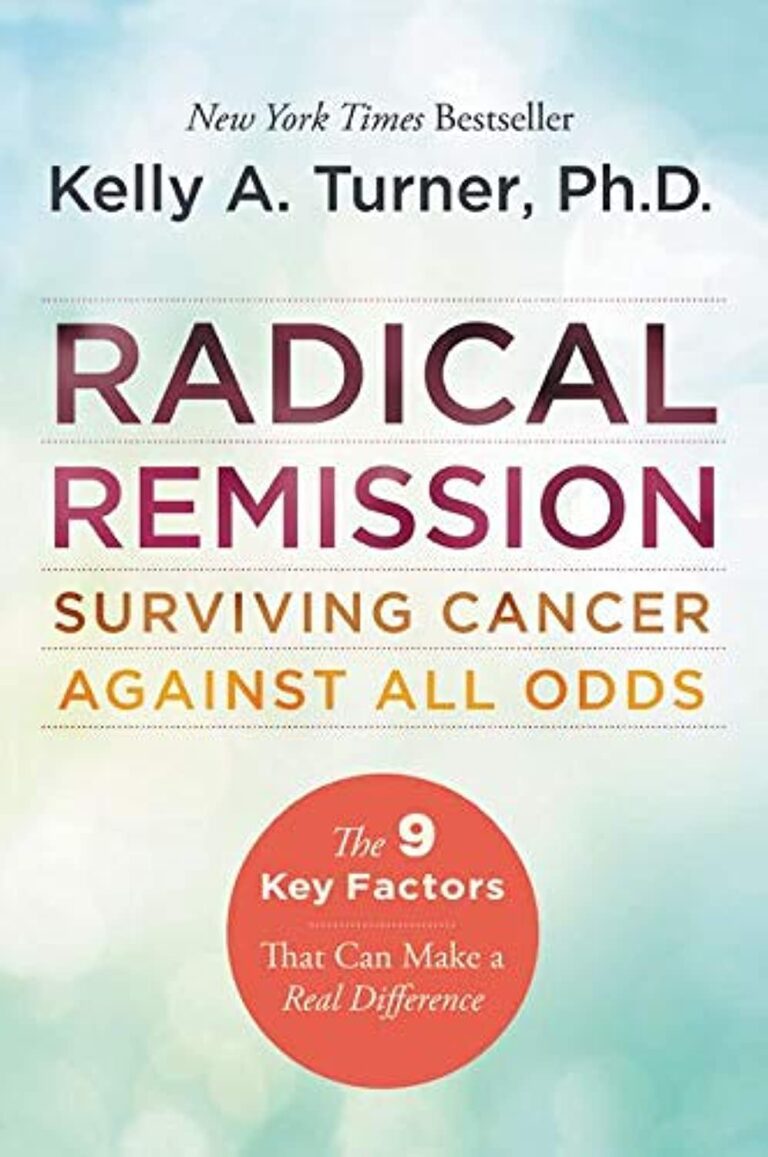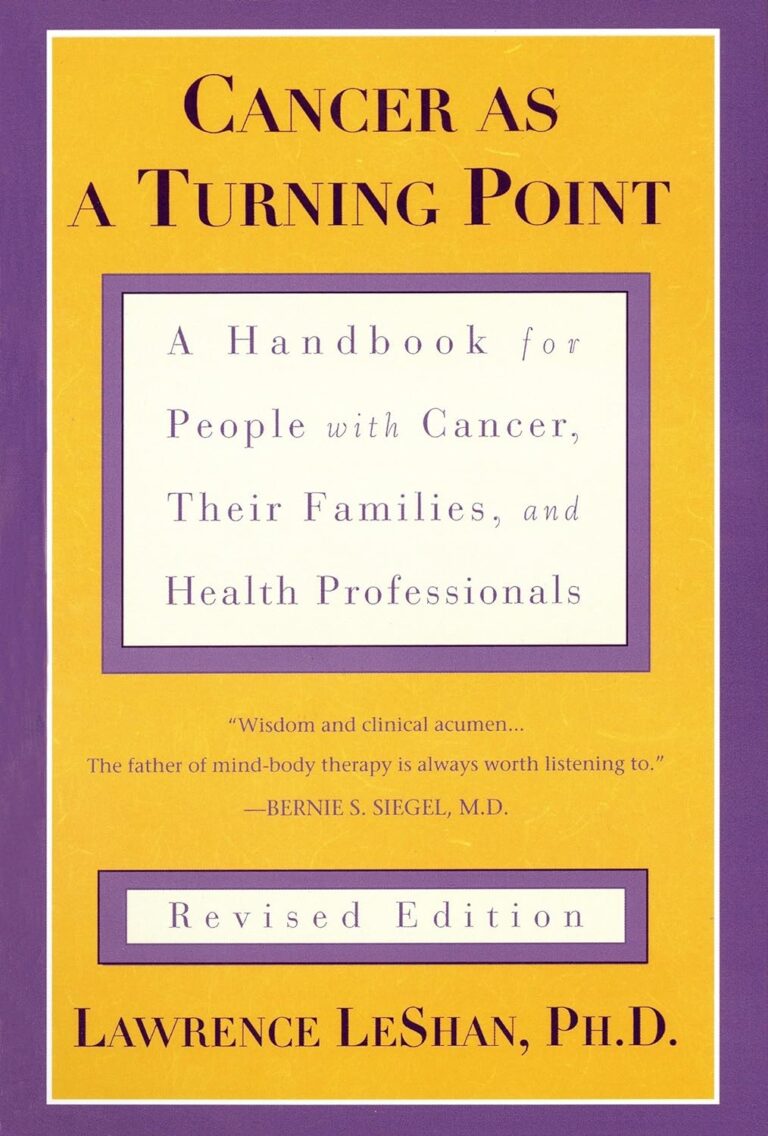.jpg) Cancer is a challenging journey, and for patients and survivors, maintaining a high quality of life (QoL) is paramount. In this article, we delve into the profound connection between QoL, overall well-being, and healthcare for those affected by cancer.
Cancer is a challenging journey, and for patients and survivors, maintaining a high quality of life (QoL) is paramount. In this article, we delve into the profound connection between QoL, overall well-being, and healthcare for those affected by cancer.
Understanding Quality of Life
Defining QoL in Healthcare
Quality of life in healthcare refers to an individual’s overall well-being and satisfaction with various aspects of life, particularly in the context of their health and medical condition.
The Multidimensional Nature of QoL
QoL is a multidimensional concept, encompassing various facets:
1. Physical Well-being
Physical health is a fundamental component of QoL for cancer patients. It includes pain management, fatigue, and addressing the side effects of treatments.
2. Psychological Well-being
Psychological health is crucial. Many cancer patients experience anxiety, depression, and concerns about recurrence, body image, and self-esteem.
3. Social Well-being
Cancer often affects relationships. Patients may face changes in their social life, feelings of isolation, and financial strain.
4. Environmental Well-being
Access to healthcare facilities, transportation, and necessary accommodations at home and work also impact QoL.
How QoL is Assessed
Assessing QoL involves multiple methods, including Patient-reported Outcome Measures (PROMs), clinical assessments, and quality-of-life questionnaires.
QoL Challenges for Cancer Patients
Physical Challenges
- Pain Management: Finding effective pain management strategies is critical to improving physical well-being.
- Fatigue and Weakness: Coping with cancer-related fatigue and weakness can be challenging.
- Side Effects of Treatments: Managing the side effects of treatments like chemotherapy and radiation is essential.
Psychological Challenges
- Anxiety and Depression: Dealing with the emotional toll of cancer often involves managing anxiety and depression.
- Fear of Recurrence: The fear of cancer recurrence can affect mental health.
- Body Image and Self-esteem Issues: Changes in appearance can lead to body image concerns and self-esteem issues.
Social Challenges
- Changes in Relationships: Cancer can strain relationships with friends and family.
- Isolation and Loneliness: Patients may feel isolated, leading to loneliness.
- Financial Strain: The cost of cancer treatment can create financial difficulties.
Environmental Challenges
- Access to Healthcare Facilities: Limited access to healthcare facilities can hinder treatment.
- Transportation Issues: Getting to medical appointments can be challenging.
- Home and Workplace Accommodations: Ensuring suitable accommodations at home and work is essential.
The Impact of QoL on Cancer Outcomes
Research Findings
Research consistently links higher QoL with better treatment outcomes for cancer patients.
Role in Survivorship
QoL plays a pivotal role in survivorship, influencing long-term prognosis and overall well-being.
Enhancing Treatment Adherence
Improving QoL can enhance treatment adherence, ensuring that patients follow their treatment plans effectively.
Healthcare Interventions to Improve QoL
Multidisciplinary Care Teams
Incorporating multidisciplinary care teams, including palliative care specialists, can address diverse patient needs.
Palliative Care and Symptom Management
Palliative care focuses on symptom management and improving overall comfort and QoL.
Psychological and Emotional Support
Psychological and emotional support through counseling and support groups is vital for addressing mental health challenges.
Survivorship Care Plans
Survivorship care plans offer guidance to survivors, ensuring a smooth transition post-treatment.
Integrative Therapies and Complementary Medicine
Integrative therapies and complementary medicine can complement conventional treatments and enhance well-being.
The Patient’s Perspective
Personal Stories
Hearing personal stories and experiences from cancer patients and survivors highlights the importance of individualized care.
Patient-Centered Care
Patient-centered care acknowledges the patient’s unique needs and preferences, prioritizing their well-being.
Coping Strategies
Exploring effective strategies for coping and maintaining QoL during the cancer journey can empower patients and survivors.
Conclusion
In conclusion, the intrinsic connection between QoL, well-being, and healthcare for cancer patients and survivors is undeniable. Prioritizing QoL leads to better outcomes and a more positive cancer journey.
Frequently Asked Questions (FAQs)
- What is the difference between Quality of Life (QoL) and well-being?
QoL refers to an individual’s overall well-being, encompassing various dimensions of life, including physical, psychological, social, and environmental aspects.
- How can cancer patients assess and monitor their own QoL?
Patients can use QoL questionnaires and PROMs to assess and track their well-being over time.
- Are there specific interventions to address the psychological challenges faced by cancer patients?
Yes, psychological support, including counseling and support groups, can help address anxiety, depression, and other mental health challenges.
- How can family and friends support the QoL of cancer patients and survivors?
Providing emotional support, helping with practical tasks, and simply being there to listen can make a significant difference.
- What role do nutrition and physical activity play in improving the QoL of cancer survivors?
A healthy diet and regular physical activity can boost overall well-being and aid in managing treatment-related side effects.
- Are there any community resources available to help cancer patients and survivors enhance their QoL?
Many communities offer support groups, financial assistance, and wellness programs specifically designed for cancer patients and survivors.
- How can healthcare providers better integrate QoL assessments into cancer care?
Healthcare providers can use validated QoL questionnaires and regularly engage in discussions with patients about their well-being to better integrate QoL assessments into care.

















Comments
Thank you. Comment sent for approval.
Something is wrong, try again later